Definition
Basil seeds come from a variety known as Ocimum bascilicum, native to tropical regions of Africa and Asia. These seeds are known by several names such as Sweet Basil Seeds, Sabja Seeds, Tucumaria Seeds. They are oval in shape, black in color, and when soaked in water they swell and form a gelatinous mass.
Nutritional Benefits
Studies have shown that the nutritional composition of the seeds varies depending on where people grow them. Evidence suggests that 100 grams (g) of Indian basil seeds contain:
- 14.8 grams of protein
- 13.8g of Fat
- 63.8 grams of carbohydrates
- 22.6 grams of dietary fiber
The main minerals found in 100g of the seeds are:
- 2.27 milligrams (mg) of iron
- 31.55mg of Magnesium
- 1.58 mg of zinc
Research suggests that 100g of Indian basil seeds contain about 442 calories, or about 57.5 calories per tablespoon (13g).
How to grow it
No tillage:
1/8″ depth
Germination:
5-30 days
When the soil is warm and the temperature does not drop below 65°F, Sow seeds outdoors. You can also start indoors 4-6 weeks before planting. For continuous summer supply, do back-to-back sowing. To prevent plants from sprouting, flowers Pinch back when the stems are visible, prefers fertile, well-drained soil.





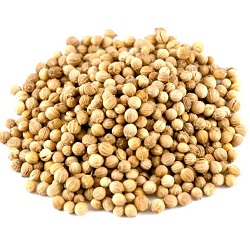
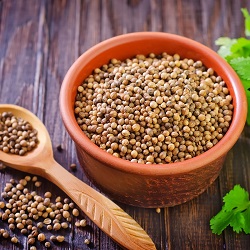
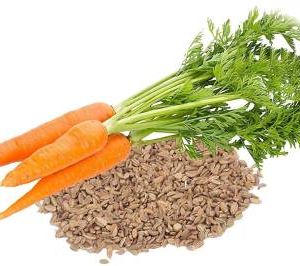
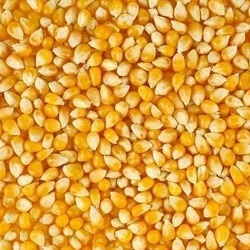
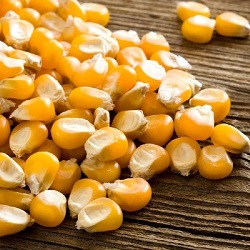

Reviews
There are no reviews yet.